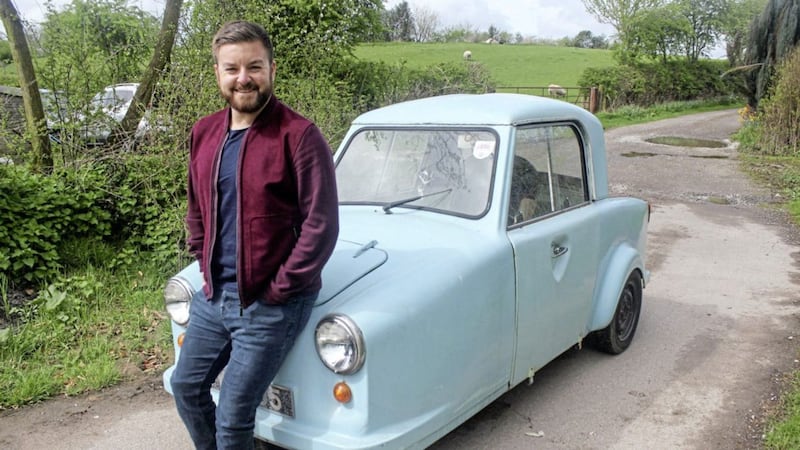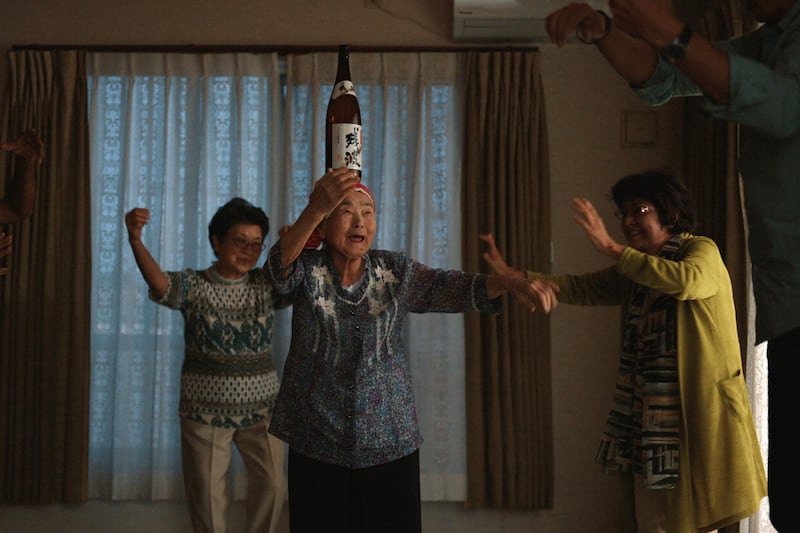The NHS: A People’s History, BBC 4, Monday at 9pm
So if you ever wondered where the idea of the DLA car came from, Alex Brooker had the answer.
After a decade of basic care, the NHS started broadening its reach and in the 1950s came up with the idea of the ‘invalid car’.
The three-wheelers weren’t the most glamorous things, but for the first time they gave mobility to the disabled.
The desire, in particular, was to get injured ex-servicemen back into society and the one-person fibre glass car was born.
The department of health owned, serviced and repaired a fleet of the vehicles which they gave out to patients who needed them.
They were probably closer to tut-tut vehicles than a car, given they were based on a motorbike, with rather complicated controls which involved pulling down on the handlebars to brake.
Philosophically, the NHS didn’t see them as a car, but as a prosthetic for people without limbs.
It’s an idea which makes sense, but as with many well intended NHS ideas it has meant that the service has expanded to the point where it consumes half of total tax revenue.
Brooker’s programme, which brought us numerous stories as fascinating as the invalid car, was a gem among the many television specials celebrating the 70th anniversary of the NHS.
**
World Cup: England v Colombia, UTV, Tuesday at 6.30pm
With a peak audience of almost 24 million people for the England game, this brilliant World Cup has proved once again the special connection between football and its fans.
Sport has long been regarded as the driver of commercial television.
Netflix has managed to get viewers to pay a small fee for drama in recent years, but almost all subscription services are driven by sport.
With the launch of Sky Sports in the early 1990s it was football which meant people were willing to pay for the service.
Even now the only pay-per-view events I can think of are boxing.
Lucky us then that FIFA, for all the scandals, has sold the World Cup rights to free-to-air broadcasters.
It has meant audiences for the BBC and ITV not seen since pre-internet days.
The only thing that compares was the London Olympics – also on terrestrial television – in 2012.
It was ITV’s turn on Tuesday, so its advertisers will have benefited from the joy of viewers as England finally won a penalty shoot-out.
And, despite their reputation, the analysts avoided outright jingoism, predicting trouble for England ahead if they continue to fail to create chances.
There was no talk, from the ITV panel at least, of England winning the tournament and thankfully no singing of ‘football’s coming home.’
**
Denis O’Brien: The Story So Far, RTE 1, Wednesday at 9.35pm
David Murphy’s biography of Ireland’s richest man was essential viewing.
To the great relief of our lawyers there isn’t the space here to explore the detail of O’Brien’s rise from underdog businessman to one of the top 500 richest people on the planet.
His big break was to secure the Republic’s second mobile phone licence in 1995 and he has continued on an upward curve ever since.
This includes the incredible success of Digicel in the Caribbean, international radio operator Communicorp and becoming the largest shareholder in INM, which produces the Irish Independent and the Belfast Telegraph among others.
Over almost two hours, Murphy – a former business reporter at the Irish Independent – set out O’Brien’s journey in detail, including the controversial awarding of the mobile phone licence to Esat Digiphone when Michael Lowry was minister for communications.









